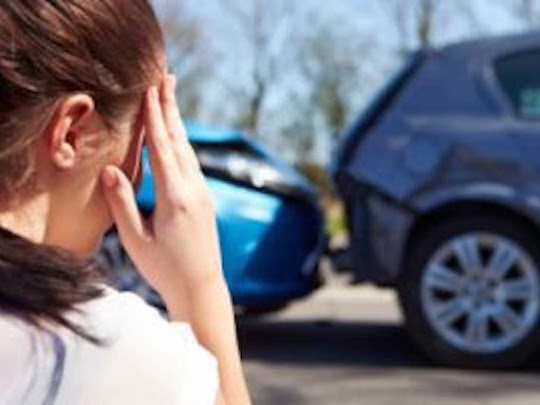Many people who are over the age of 65 will start noticing signs of declining physical and mental health. Some of these physical and mental declines can make driving riskier than usual and may pose threats to the older driver and other drivers on the road. According to reports, car accidents seem to be more common for drivers over the age of 80. There are ways these accidents can be avoided, but if you have found yourself in a car accident, consider talking to a Tennessee auto accident lawyer to see if you are eligible for compensation.
Statistics for Older Drivers
Studies show that older drivers, over the age of 65, are 16% more likely to cause a car accident. 7% of these accidents involved two-car accidents. However, younger drivers have been shown to be 188% more likely to cause an accident. 43% of them were two-car accidents. This suggests that older drivers still pose some risk, but not as much of a risk as younger drivers.
This may be because younger drivers have less experience and make up more of the population. Many older drivers also stop driving after a certain age either because they have someone else drive them or they take residence in a nursing home. This means many of the older drivers who may have posed a risk are likely no longer driving.
Potential Causes of Accidents with Older Drivers
For the 16% of older drivers who do pose some risk on the road, there are potential causes that may be able to explain why these older drivers are more likely to cause car accidents. Many bodily changes take place as one ages.
Stiff joints and muscles are common from arthritis and weakened muscles. This is because the body breaks down with age, but the effects become more apparent in old age. Stiff muscles or joints can make steering the wheel from danger slower and can reduce braking time. Vision problems can make seeing street signs, other cars, and pedestrians on the road difficult. Many of these vision problems arise from glaucoma, cataracts, and macular degeneration.
Hearing loss can prevent older drivers from hearing a horn, siren, or warning from their car when it comes to avoiding danger. Reflexes are also known to grow duller with age and these are vital for making a last-minute change in driving when a car or pedestrian comes out of nowhere.
Dementia, like Alzheimer’s disease, can impair memory formation and decision-making. These factors may not sound important for driving, but they can make a difference. So can certain medications that have been known to cause drowsiness and low alertness. If your medicine tells you to avoid driving, take the warning label seriously.





